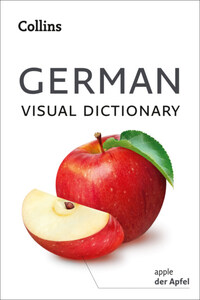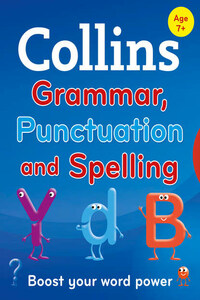Collins Letter Writing

The only guide you’ll ever need to help you write better letters, whether for business or pleasure.The world gets smaller and contacts get faster but whether it’s by computer or with pen-and-ink, the need to be able to communicate effectively in writing remains as important as ever. So whether you want to get in touch with a pen-pal, an e-pal, your bank manager, the editor of a newspaper, to make a complaint or declare your undying love, this guide will show you how to make the most of your correspondence. Direct and very accessible, this invaluable book will show you the general rules of good letter writing and will also provide specific advice on letters for specific occasions.Practical advice on the techniques of good letter writingHelps with finding something to say and in planning your letter, for those tricky occasions as well as more ordinary onesProvides guidelines for letters for all occasions, both formal and informalOffers help with grammar and punctuation so your letter is faultlessIncludes forms of address and legal matters, and a section all about e-mailIf you only ever buy one book on letter writing, this should be it!













